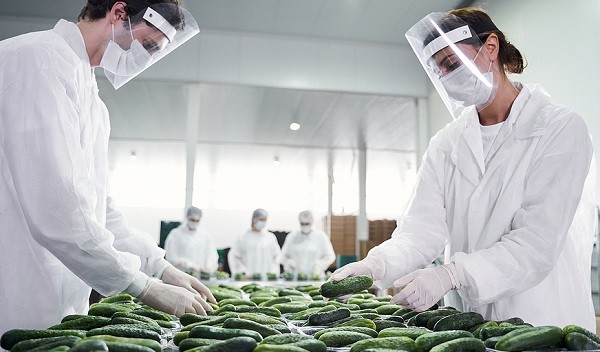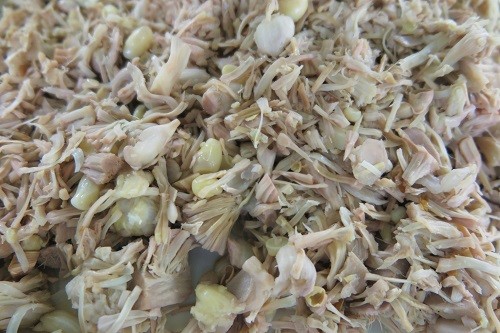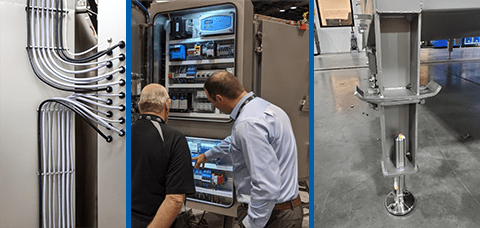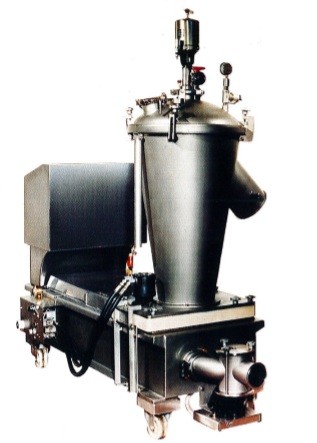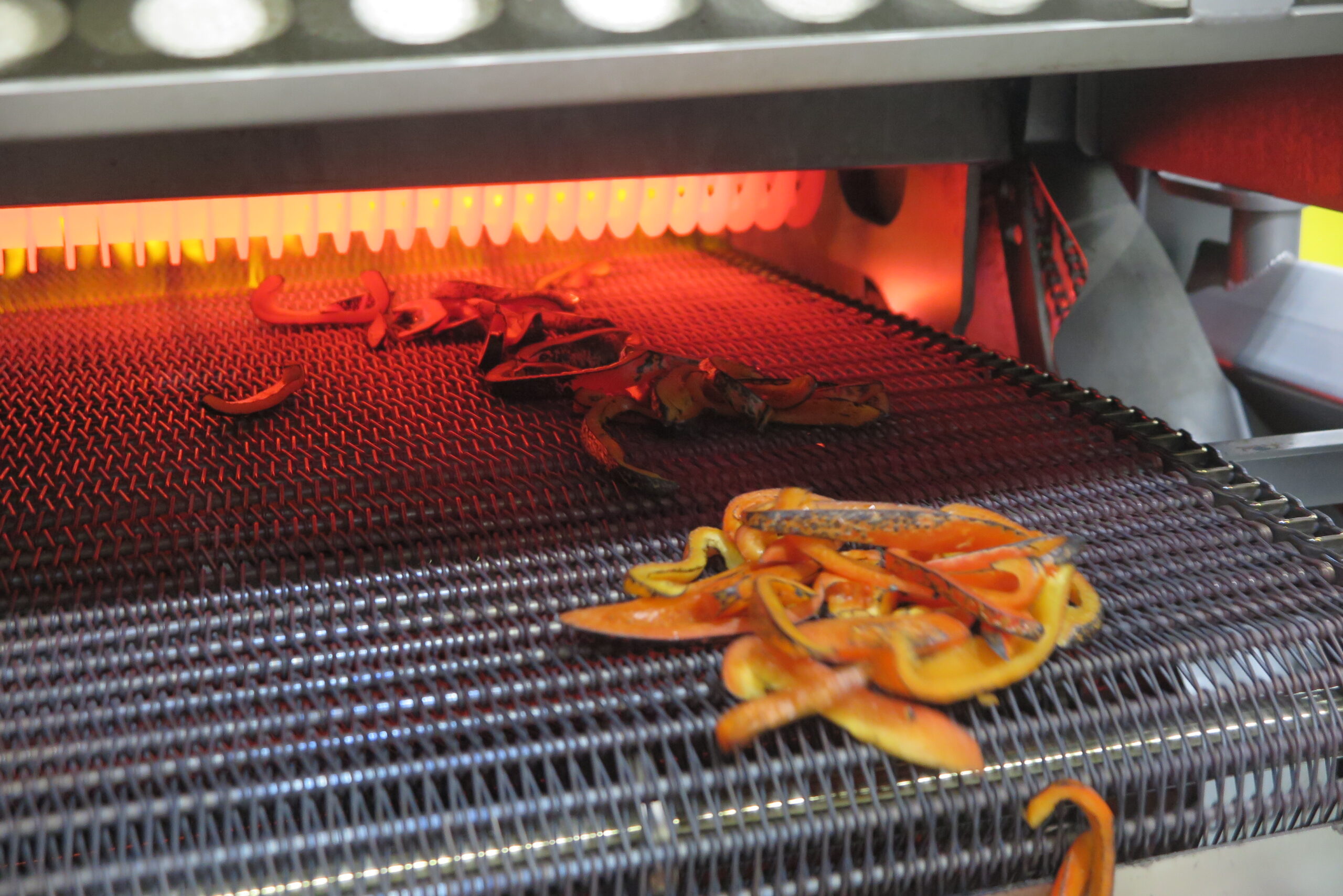Flexibility Is the New Normal in the Food Industry.
The need for food manufacturers to serve the foodservice industry came to a complete halt during COVID-19 after restaurants and commissaries closed across the country and drove consumer demand from the foodservice channel to retail. Food producers immediately found themselves in a complex situation as many were focused on the specialization of prepared foods which was no longer needed, thus causing immediate supply chain disruptions. What we saw was a forced movement to flex in an effort to drive additional capacity across their facilities and operations in terms of variety of food products, variety of product sizes, etc. all while employing safe practices to keep their employees healthy to keep production lines moving.
Processors Gave “Birth” to Many New Products in the Food Manufacturing Industry.
2020 started out with business as usual but soon after the panic regarding COVID-19 set in, consumers were faced with empty shelves and limited choices. Presenting new “planned” food products was simply not possible during a pandemic which created immediate food shortages. Therefore innovation, development and launches of many new food products were delayed or cancelled while interestingly enough, a plethora of unplanned food products hit the shelves to fulfill consumer behavior and demands. This required an entirely new level of flexibility while America rediscovered their home kitchens. As Food Business News wrote, “In the midst of the coronavirus (COVID-19) pandemic, food and beverage manufacturers face unique challenges surround new product development and introductions.” Instead, food and meat processors found themselves in need of new highly engineered food processing equipment to continue to perform above normal production cycles in the food manufacturing industry.
Alternative Proteins and Plant-Based Food Segments Were Fertilized.
Many believe that the COVID pandemic accelerated the consumer shift from processed meats to meat alternatives and plant-based foods in order to maintain a healthier lifestyle and partake in foods that they believe are kinder to the environment. As retailers could not keep up with demands for meat-based products, plant-based products that normally fell lower on the list of choices, made their way to the top. This is driving a lot of pent up innovation in the plant-based foods segment to deliver products that are unique and exciting. Whether it’s the development of ready-to-eat meat alternatives, plant-based jerky style snacks or a twist on fruits and vegetables, manufacturers in this space must do their homework to source the right food industry equipment designed for the processing of plant-based foods.
U.S. Food Manufacturers Giving Back Even More than Ever Before.
What started as a health crisis quickly became an economic crisis as businesses closed and Americans lost work. As poverty increased, chronic hunger increased. COVID-19 caused millions of American people to seek help from the Nation’s 200 food banks for the first time. For many years, these food banks have relied on 50% of their donations from U.S. food manufacturers. While the lines were growing (many over 20 miles long), the food and meat processors were doing their best to keep up with consumer demands while they continued to fight hunger by providing resources to try and feed the more than 54 million people struggling in 2020 due to the effects of the coronavirus pandemic. This meant they had to keep the supply of food flowing by ensuring access to nutritious food. What is key to accessibility (both in terms of quality and supply) is innovative food processing technologies. As such, many food manufacturers have turned to companies like Marlen to design and build innovative solutions for the food processing industry to ensure consistency, accuracy, and product integrity as they continue to keep up with the volumes necessary to serve both consumers and families seeking nutritious meals.












